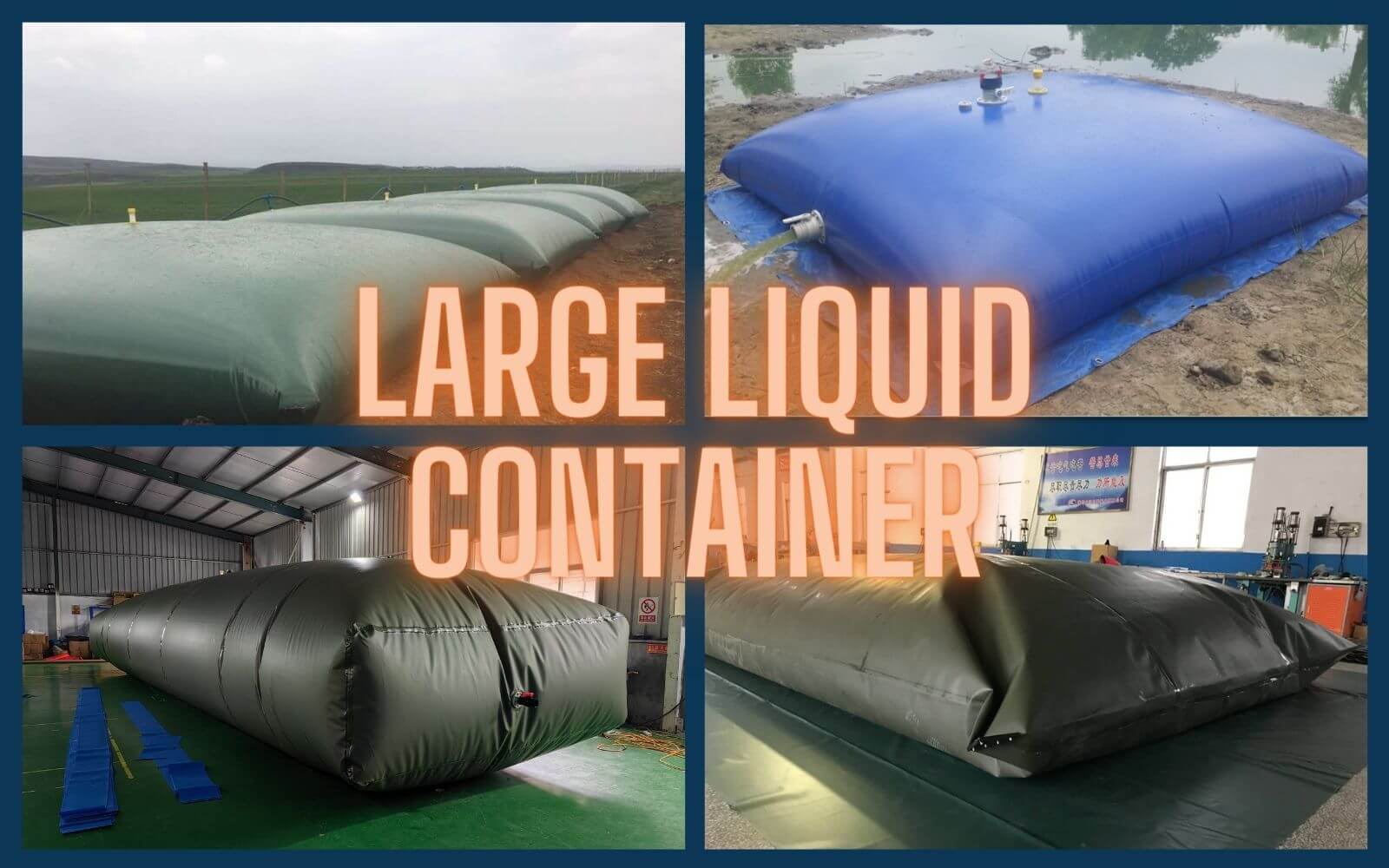In industries
that require large water storage solutions, flexible tanks have emerged as a preferred choice over traditional rigid containers.
These versatile and innovative storage systems offer numerous advantages for large-scale water storage applications.
In this article, we will explore why flexible tanks are an excellent option when it comes to serving as large water containers.
Flexible tanks
provide unparalleled versatility and scalability, making them ideal work as large water container.
They can be custom-made to accommodate various capacities, ranging from thousands to millions of liters.
Whether you require water storage for agricultural irrigation, firefighting, construction sites, or emergency relief efforts, to meet your specific requirements by tailoring the flexible tanks.
One of the key advantages of flexible tanks
is their space efficiency.
Unlike rigid containers, which have fixed dimensions, flexible tanks can conform to the available space.
Installing in areas with irregular shapes or limited space, maximizing storage capacity.
This is especially beneficial in situations where space optimization is critical, such as in urban environments or on temporary project sites.
Easy handle
Flexible large water container designs for easy installation and enhanced portability. They can quickly set up without the need for heavy machinery or complex assembly processes.
This simplifies the installation and allows for swift deployment, minimizing downtime.
Additionally, their lightweight construction enables easy transportation, making them suitable for temporary or mobile water storage needs.
High-quality
flexible tanks assembled by robust materials that are resistant to punctures, tears, and UV degradation.
Designing to withstand the rigors of outdoor environments, including exposure to sunlight, extreme temperatures, and inclement weather conditions.
This ensures the longevity and durability of the tanks, allowing for long-term water storage solutions.
Flexible tanks promote environmental sustainability in several ways.
Firstly, they have a smaller carbon footprint compared to rigid containers, as they require fewer raw materials and energy during production.
Additionally, their lightweight nature reduces fuel consumption during transportation, resulting in lower greenhouse gas emissions. Moreover, flexible tanks can be reused or recycled, further minimizing their impact on the environment.
Flexible tanks offer numerous advantages as large water container, providing versatility, space efficiency, easy installation, durability, cost efficiency, and environmental friendliness.
Whether you need water storage for agricultural, commercial, or emergency purposes, flexible tanks offer a reliable and customizable solution.
Consider utilizing flexible tanks for your large-scale water storage needs to optimize space, reduce costs, and ensure efficient and sustainable water management.








